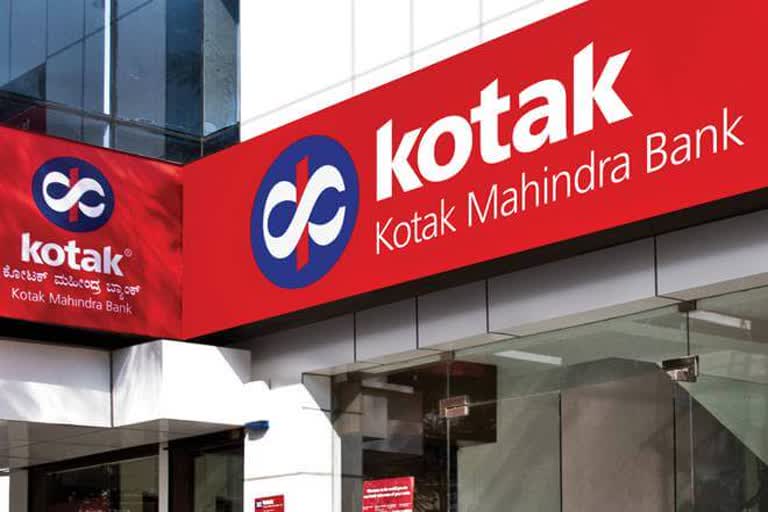Mumbai: The Bombay High Court on Monday sought an affidavit from the promoters of Kotak Mahindra Bank stating that they have complied with the RBI's directive to dilute the promoter's shareholding.A division bench of Justices A S Oka and M S Sanklech was hearing a petition filed by the bank challenging an RBI directive of August 13, 2018.
The RBI had directed the bank to dilute the promoter's shareholding from around 30 per cent to a maximum of 20 per cent of its paid-up voting equity capital by December 31, 2018 and to 15 per cent by March 31, 2020.
The bench on Monday sought to know as to why the bank had approached the court and why the promoters have not challenged the RBI orders."The bank cannot be the aggrieved party here. The RBI is not going to take any action against the bank. The aggrieved party is the promoters. Why have they (promoters) not come to court in challenge against the RBI directive?" Justice Oka said.
"In our view, if the promoters have not challenged the RBI directive, then the RBI is bound and free to take action," the court said. The bank's counsel Darius Khambata on Monday told the
court that the promoter share holding of the paid-up capital has been reduced to 19.7 per cent.The bench, however, noted that such a statement should come from the promoters and not the bank.
"The promoters shall file an affidavit stating this," the court directed and posted the petition for hearing on April 22. The high court had in the past on two hearings refused to grant any interim relief to the bank.In the petition, the bank sought a widening of the definition of the paid-up equity capital to include the preference shares as well beyond the present equity voting
capital.
It also questioned the laws related to capping of the shareholding at a more fundamental level, asking if there is a legal basis to have shareholding caps.According to the bank's plea, the RBI had initially asked it to only dilute promoter shareholding of its paid-up capital. However, the impugned letter sought dilution of paid-up voting equity capital.
As per the plea, after receiving the letter from RBI, the bank wrote two letters -- one on September 4, 2018 to the RBI and the other on September 24, 2018 to the RBI governor -- seeking clarification, but did not get any reply.On a previous hearing on December 17, 2018, RBI counsel Venkatesh Dhond had opposed the plea and had said the reason behind asking for promoter stake dilution was to ensure voting power is not in the hands of one single group.
Also read: RBI to unveil this fiscal's first bi-monthly policy decision on Thursday
The lender in its petition has termed the RBI's directive as "arbitrary, without any authority of law and contrary to the provisions of the Banking Regulation Act, and Article 14 and 19(1)(g) of the Constitution". "Even assuming that the RBI has the power to issue directions requiring reduction of promoter shareholding in banking companies, the said power can only be exercised, and has always been exercised by the RBI, with reference to the petitioner's paid-up capital and not in relation to its paid- up voting equity capital," the petitioner has argued.
The bank has requested the court to quash and set aside the RBI directions on equity dilution.It has also pleaded with the court to declare that the reduction of promoter shareholding should be considered complied with, if it is achieved as a percentage of the paid-up capital and not the paid-up voting equity capital of the bank.



